Seberg press conference with Kristen Stewart, Benedict Andrews, Zazie Beetz, Joe Sharpnel and Anna Waterhouse
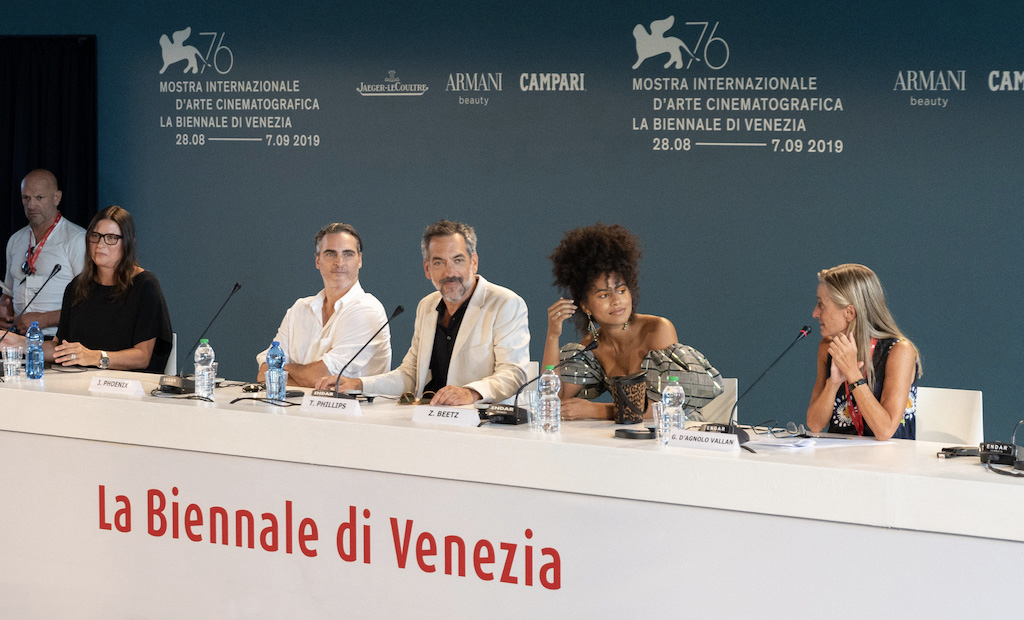
Kristen, do you think this is a resurrection of Jean Seberg, who has largely been forgotten by people?
Kristen Stewart: I only knew her as a sort of image, this woman who dragged her thumb across her lips. There’s a certain presentation, performance aspect to the job as an actor. You want to preserve your ability to connect with people. There’s this game that sometimes you have to play in order to keep your platform and you can remain honest within that and she did, fervently. The cool thing about this story is that I didn’t realise all this hunger and exuberance behind her eyes, this need to connect with other people that made her jump from the screen. This is substantiated by a lot of other things she believes in, being compassionate and humanitarian, it really rocked her, the platform turned against her. I knew her from Breathless, as this sort of image. Seeing the unravelling of a woman within that… it’s just such a cool story to watch it. Why is it important right now? Because it is. It’s sacrificing something you love from other people. It’s an admirable a courageous and cool thing to see. This person’s story is so tragic for all the right reasons. We should know her not just for the short haircut and the movies.
Benedict Andrews: Today’s the 40th anniversary of her death, when she disappeared in Paris. So it’s kind of very moving and beautiful for us, after living with Jean for so many years over the course of making the movie, to celebrate on the anniversary of her death.
Do you think that celebrities today invite government interference with regards to their political activities, since cellphones are being monitored and there is so much access to what they do and say?
Zazie Beetz: Our opinion on being monitored? (Would they care today?) I think yes, given the fact they care enough to monitor the general public as a whole. No… definitely in other countries there’ s still a lot of monitoring and shutting down of activists and public people against the government and their agenda. Today there are other, more surreptitious ways to influence somebody who is against what the government wants. Lame answer, sorry.
KS: I think things are so polarised right now, the whole “us” and “them” aspect of it. It’s kind of a good thing for us if you want to personalise things and feel like a real individual in a political climate. There are really two very distinct sides. Whether or not you are screaming from a soapbox, we wear our politics now because of how generalised they are. It’s not like a complex issue. It seems so black and white. There are like too many of us to pick out and diss. For sure… we all live so publicly too, you don’t have to go through our emails. We aren’t doing things secretly behind people’s backs. Unless you wanted to stand up and present yourself as a huge threat to America… I feel like it wouldn’t be a unique position to take so you wouldn’t be individualised and taken down.
It’s a 15-year project. It’s strange that this story hasn’t been told; why did it take so long?
Joe Sharpnel: Why did it take so long? Every movie has a natural time to come together. What drew us to the themes 15 years ago are the same things now: the boundary between private and public life and where the line can be drawn. That’s why it’s relevant today. We were waiting for the right people to come together to make the movie.
BA: I only knew Jean Seberg as a kind of icon burned into my imagination. I saw her when I was 16 in Breathless in my French class. Her performance gave me a new understanding of what truth in acting could be on screen, freewheeling and incandescent. As I began my journey into the world of being a director the performance is burned in my imagination of the truth an actor could show. I didn’t know the other aspects of her story before reading the script. It was like a kind of bomb, this American tragedy of a luminous life destroyed. This USA repressive surveillance culture. I loved the central idea of exploring the surveillance on Jean. Jean is the supernova at the centre of the film but we get to know her through the gaze of FBI and there’s this parallel interlacing of the two lives that is uniquely cinematic and deeply fascinating. Especially when I’ve been privileged to work with great actors in theatre and to get close to their braveness and vulnerability, revealing themselves in front of other people. That’s the job; you can’t hide from the camera, it sees your truth. You have to use your history and every part of your nervous system to show your truth. Jean was doing that, she was an idealistic woman who wanted to be truthful as an actor and in the world. She had a deep sympathy for injustice, she wanted to change the world and make a difference. Because of that, her private life was then destroyed by the FBI. This idea of an actress who lives in the public gaze in a kind of glass cag, to see that private life used and mined by the FBI to destroy her for political purposes was a very particular and special story, but also relevant in 2019.
This film is not only a tribute to Seberg but a tribute to French cinema, especially New Wave. What’s your relationship to French cinema? How does this film compare to Assayas?
BA: The production design is by an LA-based designer, who did a great job on Mid90s last year. We talked about showing this period of LA which wasn’t clichéd, which was authentic, and to bring this sense that Jean moves between different worlds and takes the movie between different worlds. She straddles between Paris and Los Angeles. In her first night in LA she gets in a sports car and drives down to Compton. So the film moves between these worlds, mostly in LA. Jahmin and his team did a great job finding a beautiful authenticity that had the texture of the period, but I wanted the audience to see it in a new way and a very specific way. Jahmin’s work is also complemented by the incredible costumes of Michael Wilkinson, to do a similar thing and go into Jean’s inherent elegance, and then also by the beautiful cinematography of Rachel Morrison.
KS: If you read the initial reviews of some of her movies, she was slated. There was something so naturalistic and explorative and mining and excavating in this really cool way that felt present and honest. At the time this wasn’t on-trend: there was a performative thing about acting. They wanted to see something shiny and surface, transportive in a way that’s escapist. The fact that she found her very welcome home in France makes total sense as there’s a more confronting, risk-taking culture, something I identify with. I was very lucky to work with like-minded people like that, to be in a piece that’s scrambling to be itself. It’s not the most commercial thing. Knowing her impulse and true desire to be accepted and popular and famous, she really did want to be looked at, but not in the same way as other actors who wanted that. It makes total sense, even if it’s a different time, that she found a home in French cinema.
Kristen, you’ve been in the spotlight a lot and now you are having a second moment with Charlie’s Angels coming out. Are you more ready for it now?
KS: Yeah I’m ready for all of it (laughs). I’m so proud of the people that I worked with recently. I’m not intimidated by it at all. I would really like to reach. I’m not really thinking about it in that way. You have to step up… step so far out of yourself to see it that way. Id’ be depriving myself of such a cool experience. The best thing has been meeting this guy and him being my f**king leader. Recently, all the things I’ve been involved in have felt instinctive and true. Natural. Thanks for that, that was cool.
It seems you have focused more on certain parts of Jean’s story and less on others?
BA: The way we experience Jean’s story, there’s a hell of a lot more to it, it’s just the tip of the iceberg. Any one of the characters could have a Netflix or Amazon series on them. Jean and Romain’s stories is incredibly fascinating and nuanced, non-conventional. There are other stories too about Jean as an actress. There’s a lot we don’t show. This movie is about how the FBI uses Jean. What happens to a woman under this kind of pressure and scrutiny? Jean called this period of her life a long nightmare. When you look back, you don’t really know what really was true. It’s interesting in a story about the destruction of truth. The FBI uses the same equipment of people making cinema, they make another script of her life, what we call today fake news, a lie. So it’s about what happens emotionally to Jean and also to Jack as the young FBI agent watching her and all the other lives destroyed and damaged by this government campaign against her freedom. That’s why there are other fascinating aspects of the story that would be fascinating to look into. But we are concerned about that window on Jean, what are the mechanisms of that kind of surveillance? How does it work and what does it do to someone? How are lies used as weapons? Anthony Mackie’s character and the war against black people in America.
Anna Waterhouse: As writers are always more interested in the characters. The plot is determined by what happens to the characters in this period of time. The engine of the plot and our window into the film is the view of this fictional FBI agent, but what happened is true. We weren’t so interested in the process of Jean making movies, we were more interested in who she was and how she interacted with people in her life, especially powerful men. She was vulnerable… but she also had immense strength and that’s the juxtaposition in her that we were fascinated by.
JS: We were interested in the private lives of public people, which is more interesting dramatically than recreating movies that you’ve seen. It was a conscious decision to keep some moments fleeting, and there is also a joy in that.
Can you tell us about what went on during the process of writing the connection between Jack and Jean’s character and how they evolved together?
BA: Well, it’s beautiful you said that because I think the secret motor is the special relationship between two people who barely meet. Only in the final scene. Jean is the eye of the storm, the supernova. One of the beautiful things of filmmaking and of the writing and of this cast is that we are watching these two people walk in parallel. We start to become fascinated, obsessed, then almost veer into a dangerous obsession, but then he gets to know her deeply and compassionately, and he realises how watching her is destroying her, so he has to make a moral decision about his truth. The secret pulse of filmmaking is the dance between the two of them, the interweaving and the way they meet at the first time at the airport. There’s the tender story of love and forgiveness between Romain and Jean. And also the incredibly tender and intimate story between Jack and Jean. So it’s a deep concern for the filmmaker to allow the audience into that. There’s something deeply cinematic too about us watching with someone whose job it is to watch. Like the DP or director, Jack becomes the sort of first audience of the movie. It’s a beautiful idea in the writing.
The film says revolution needs film stars. What do you think about political involvement for actors? And the paparazzi/social media obsession?
KS: I don’t have social media but I definitely don’t… there is an interaction that I acknowledge. There’s this really polarised climate. It’s not hard for me to wear my politics in the work I do and the conversations I have. I like that interaction, I’m so lucky to have it. When you feel like it’s beyond you, that’s when it gets frustrating. But at the same time it’s a human reaction and if you zoom out of it you realise you’re giving it up freely… it toyed with me when I was younger and more insecure and a little unsure… now it’s great that I have this position where I can like feel really open about communicating with as man people as I possibly can. I’m not like entirely engaged socially but I’m not hiding. There’s a difference. For a minute a couple of years ago I thought I had to protect myself. I’m unguarded now and it’s a beautiful feeling. An onslaught of that kind of attention can put you in a hole, but I don’t feel that way anymore. But it doesn’t mean like I will start a public Instagram and yell at people.
Part of the beauty of the film is the young people interested in life and politics, and their shared passion for justice. Is this something that could be recreated today in the art world, or do you feel the difference?
ZB: I feel like I have to answer. I think it’s interesting also in this piece… yes there’s sort of a desire to want to join social justice activity or advocating for civil rights. This film also talks about how there’s a joint experience of wanting to do this but it’s also still very separate. Jean is a white woman who can physically go to Paris and be removed from the US media whereas my character and Anthony’s are still stuck with their existence in the US. They can’t escape it. The film talks about this too. Jean never escapes, psychologically, the punishment of what the government did to her and it has such a tragic ending. It’s tragic for us too. Those relationships do fall apart. It happens to me, husband and wife. And Jean too. How we perceive her celebrity engagement, even nowadays that can get messy; we have presidential elections coming up and we are wondering if celebrities should be involved or not. Of course, we have the platform if we talk about important things that don’t just affect us in this privileged position but also things that affect other people who don’t have a voice… which also Jean tries to do. But also you have to be careful about making politics pop culture because that also creates polarisation. I think it’s complicated and I don’t think there’s a clear answer and you want to have a joining but also…. I don’t know! Anyway, what was the question?
Laura Denti
Photos: Filippo L’Astorina
Seberg does not have a UK release date yet.
Read more reviews from our Venice Film Festival 2019 coverage here.
For further information about the event visit the Venice Film Festival website here.

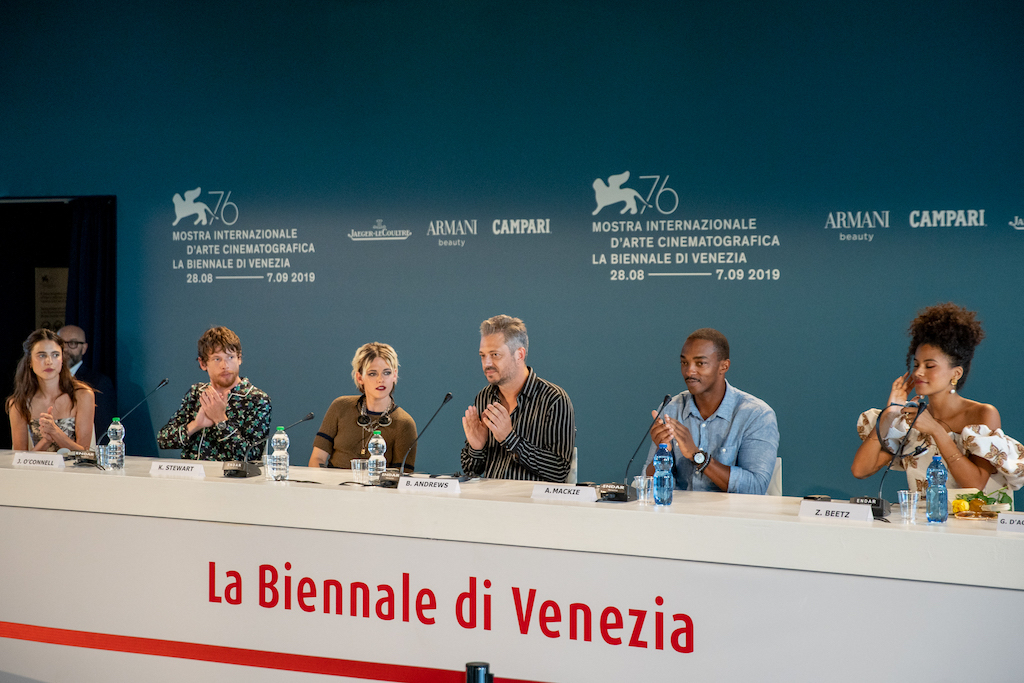
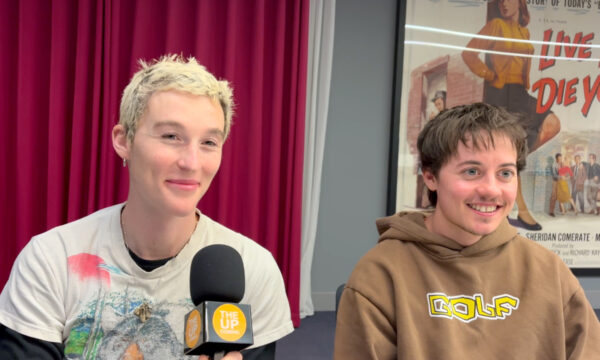

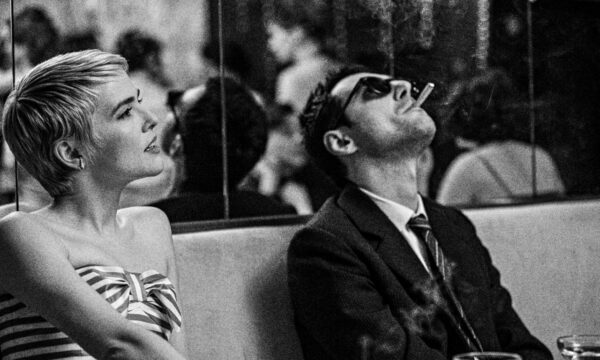
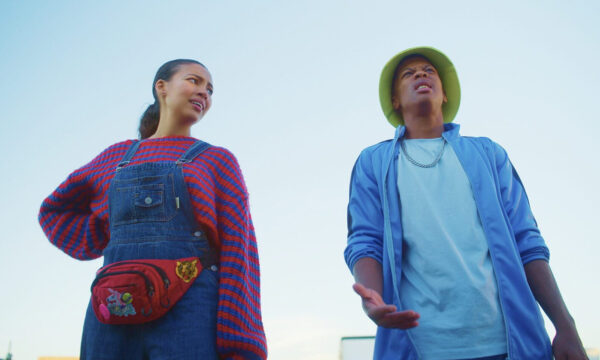
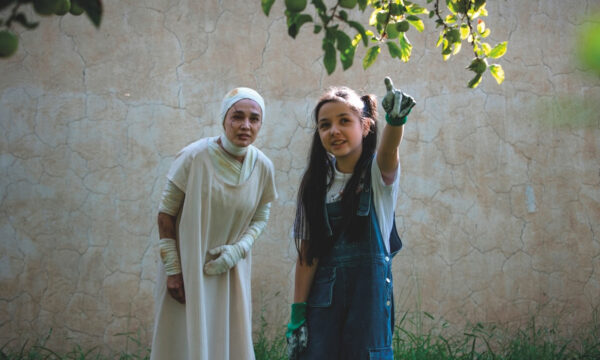
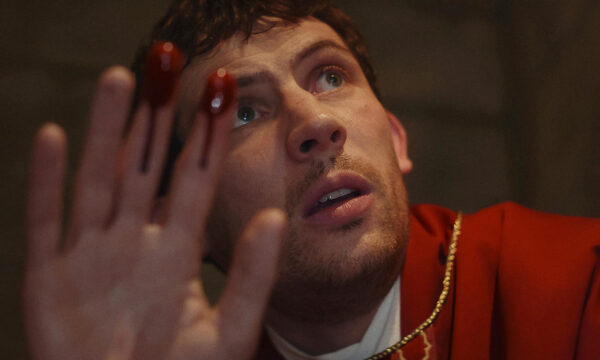
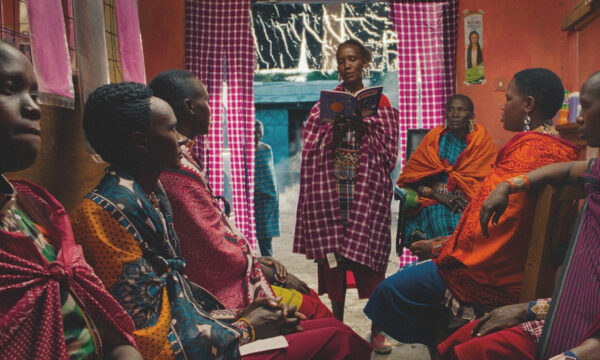
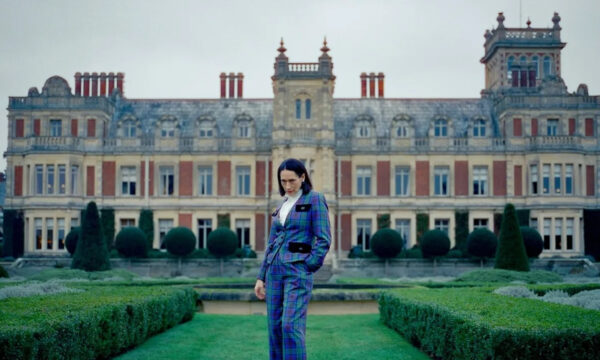
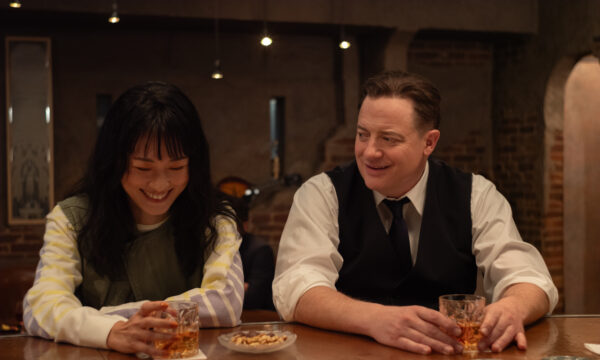









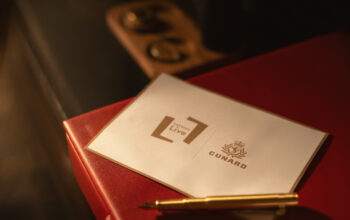





Facebook
Twitter
Instagram
YouTube
RSS